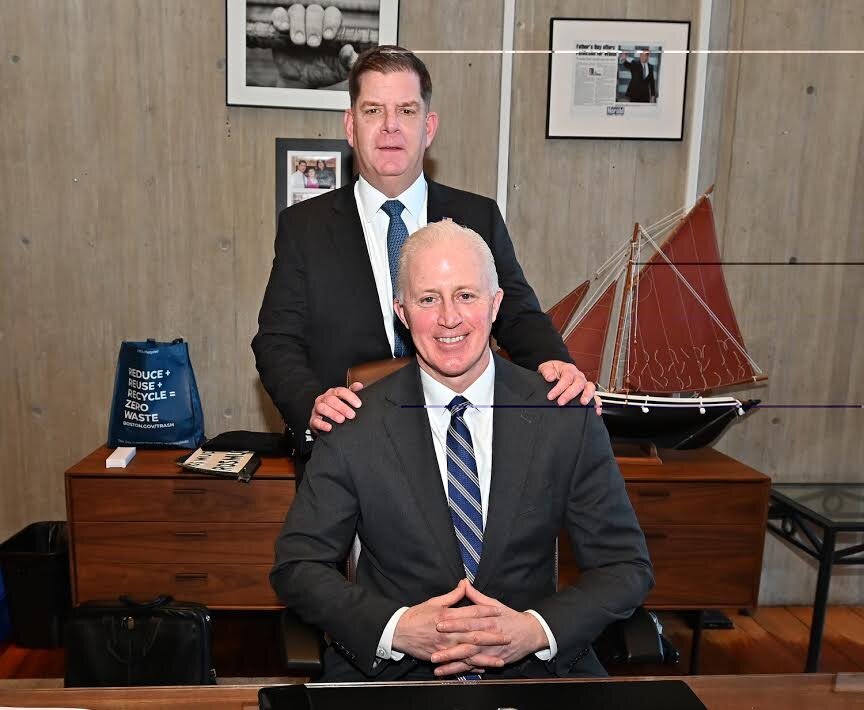BossFeed Briefing for August 2, 2021. Last Tuesday, Rep. Mark Takano (D-CA) introduced legislation in the US House which would shorten the standard workweek to 32 hours. Last Thursday, we wrote a poem, which you can read right here. Last Friday was the 56th anniversary of President Lyndon Johnson signing Medicare into law. Tomorrow is Primary Election Day in WA — your ballot must be postmarked or put in a dropbox by 8pm. This Thursday is the 40th anniversary of Ronald Reagan firing more than 11,000 air traffic controllers to break their strike.
Three things to know this week:
Airline catering workers will soon be covered by the SeaTac minimum wage. The WA state legislature passed a law this spring including these workers in protections under SeaTac Proposition 1, which in 2013 was the first-ever $15/hr law to pass at the ballot box in the US.
A new study makes clear the link between extreme heat and more workplace injuries. It’s not just heat stroke that poses a threat to workers’ health & safety: heat leads to impaired cognitive function, which leads to a whole host of preventable injuries, including falls and machine-related accidents.
A longtime aide to US Labor Secretary Marty Walsh now lobbies the Department of Labor on behalf of DoorDash and several other corporate clients. In a statement, a spokesperson for Walsh said there’s nothing fishy about the pair's friendship, noting that the Labor Secretary often meets with “a wide variety of outside stakeholders”.
Two things to ask:
Did Congress have something better to do? The federal eviction moratorium expired over the weekend, leaving millions of people around the country at risk of losing their homes. Here in WA, the state's “bridge moratorium” on evictions remains in effect until October 1st, but many renters are only hanging on by a thread: a July survey found 319,816 people in our state couldn’t afford their next rent payment.
WTF? The Seattle Times is running anti-union “sponsored content” paid for by the Washington Policy Center, a right-wing think tank. It’s not clear how much the paper charges for the privilege of writing your own news.
And one thing that's worth a closer look:
Poor Americans pay an invisible “time tax” as they spend hours attempting to access government aid programs, which often have been intentionally designed to be difficult to navigate and quick to deny benefits, writes Annie Lowry in The Atlantic. Applications for benefits across key parts of the so-called ‘safety net’ — from food stamps to unemployment insurance to Medicaid — require individuals to waste hours of their life proving eligibility, completing confusing paperwork, taking drug tests, or otherwise battling with federal and state bureaucracies to get benefits supposedly meant to help them. And, as with many things in the United States, this time tax hits people unevenly: poor Americans and people of color are more likely to spend their hours navigating the system, while wealthier (often white) Americans are rarely asked to, say, pee in a cup to get an automatic tax break on their home. The result of this institutional runaround is fewer people getting the benefits they need (just 1 in 6 eligible people receive food stamps) and fewer people with control over something pretty basic — their time.
Read this far? Consider yourself briefed, boss.










